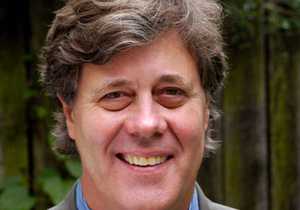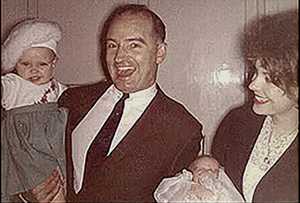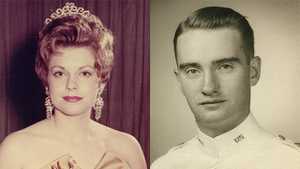They had gripes, to be sure, complaints about those in positions of authority. But soldiers in Vietnam and students involved in antiwar protests also had expectations, beliefs about what the authority figures would and would not do.
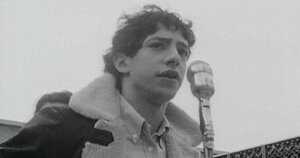
Expectations
The United States "was the greatest country in the history of the world," Jane Brotman thought at the time she arrived on the University of Wisconsin campus. In 1967 Americans by and large trusted their government, felt that local and national leaders were trying to do the right thing. Even those, like Paul Soglin, who had already begun to demonstrate against the government's decisions in Vietnam, had faith that campus administrators would respect the students' right to peacefully protest. There were, in Soglin's words, "unwritten rules of engagement" that governed civil disobedience on campus. Students might be arrested, but the university wouldn't try to kick them out. In fact, when Dean Jow Kauffman threatened that very measure before the October protests against recruiters from Down Chemical, Soglin and others sued him in federal court, seeking a temporary restraining order against the university administration. The students while prepared to go to jail still sought redress within the judicial system.
Trust
The rules of engagement were different for soldiers in Vietnam, but they too had a certain base trust in their leadership. Few had questioned the need to go to war, and although they could be annoyed by his tendency to issue orders from the safety of a helicopter, Terry Allen's junior officers respected him and believed that he cared about the people under his command. Soldiers on the ground tended to think they had a better grip on the realities of life in country than the colonels and generals whirling overhead, but everyone was on the same big team, marching towards the same overall objectives.
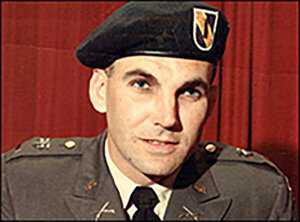
Following Orders
For Clark Welch, the first inkling of real trouble came on the night of October 16. Lieutenant Welch, who commanded Delta Company within Allen's battalion, had been on patrol earlier that day and located what he believed to be a Viet Cong base camp. Now his commander was proposing a frontal assault on that camp. Welch was incredulous; that was no way to attack a fortified enemy position. But he was a soldier within a chain of command, and he would only utter a few words of protest that were quickly disregarded. The orders had been given, and Welch's men would carry them out.
Disillusionment
On the University of Wisconsin campus, Paul Soglin's expectations were beaten out of him. After he and fellow students had peacefully massed in a hallway outside the offices where Dow interviews were scheduled, the protesters were charged by a squad of 30 Madison police. The police, who hit students just about everywhere their nightsticks could reach, had been summoned by the very administrators whom Soglin expected to observe those nonviolent "rules of engagement." No one had ever brought the Madison police on campus before; now tear gas wafted through the air, and 47 students had been taken to the hospital. When Soglin found Kauffman later that day, he screamed at the betrayal. "You lied to us! You lied to us!" Soglin shouted before breaking down in tears. And further disillusionment lay in store. When news reports of the protests started coming in, students discovered that they were being accused of attacking the police and starting a riot. Now they had one more reason to question what they had believed about people in positions of authority.
Growing Cynicism
The questions came for the soldiers as well, starting from the moment they learned how the October 17 fight with the Viet Cong would be portrayed. Michael Arias, who had been lucky enough to escape without a scratch, was told by his superiors not to call what happened an ambush when interviewed by CBS News. That denial of what the soldiers knew to be true went right up the chain of command; when the commander of American troops in Vietnam, General William Westmoreland, visited wounded soldiers in the hospital, he refused to use the word. "Oh, no, no, no," he told Delta Company first sergeant Bud Barrow. "That was no ambush." Barrow replied that he "didn't know what happened to the rest of the people, but, by God, I was ambushed." The surviving soldiers also learned that their leaders were calling the bloody defeat a victory that prevented the Viet Cong from moving against Saigon. And now the grunts too had reason to question authority. "It was a total fabrication of what happened," operations officer Jim Shelton recalled, "...and that haunted me. I'm not a cynic, but I started to become one."




